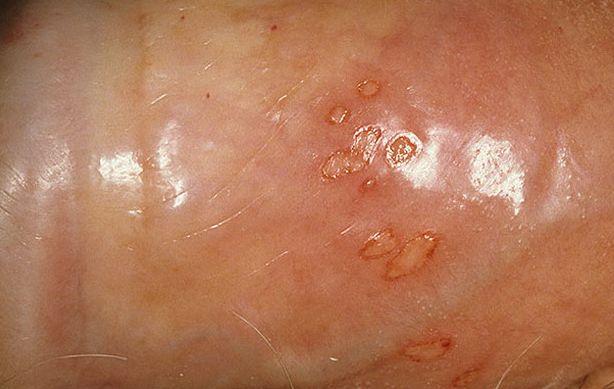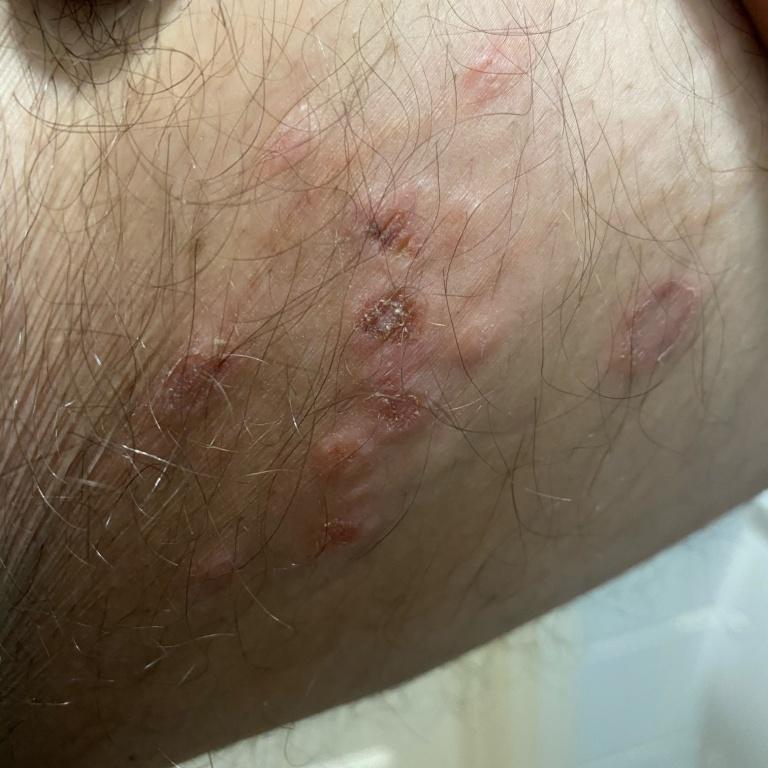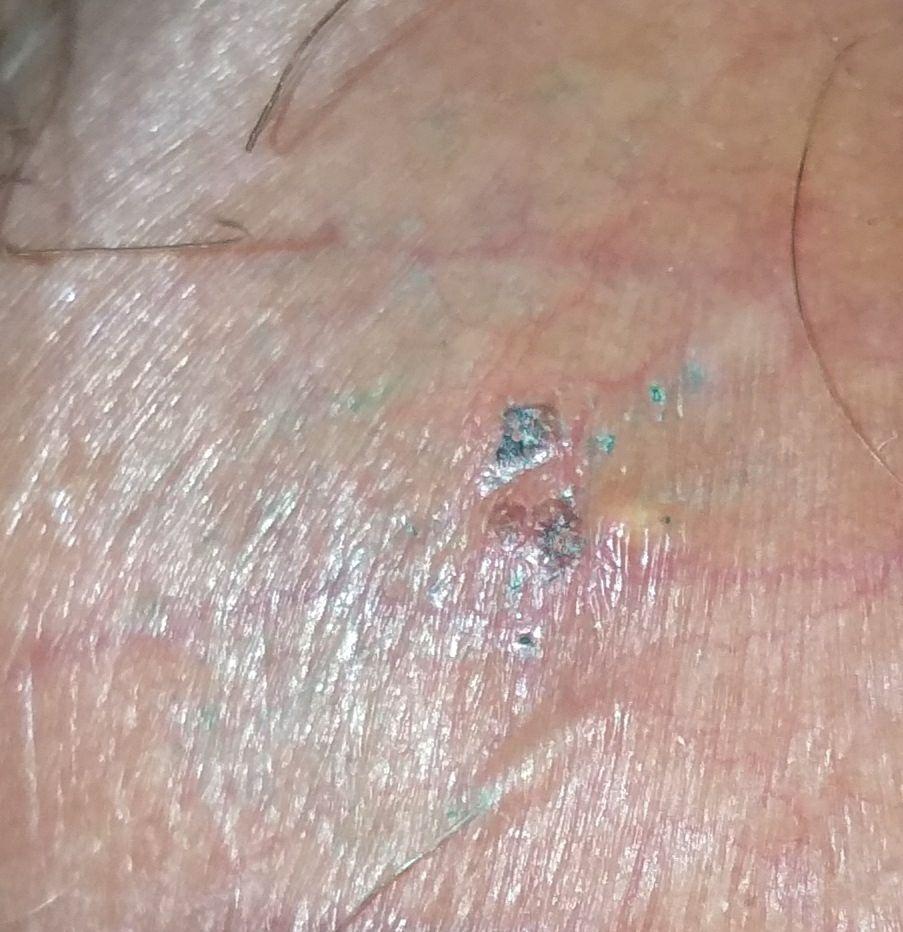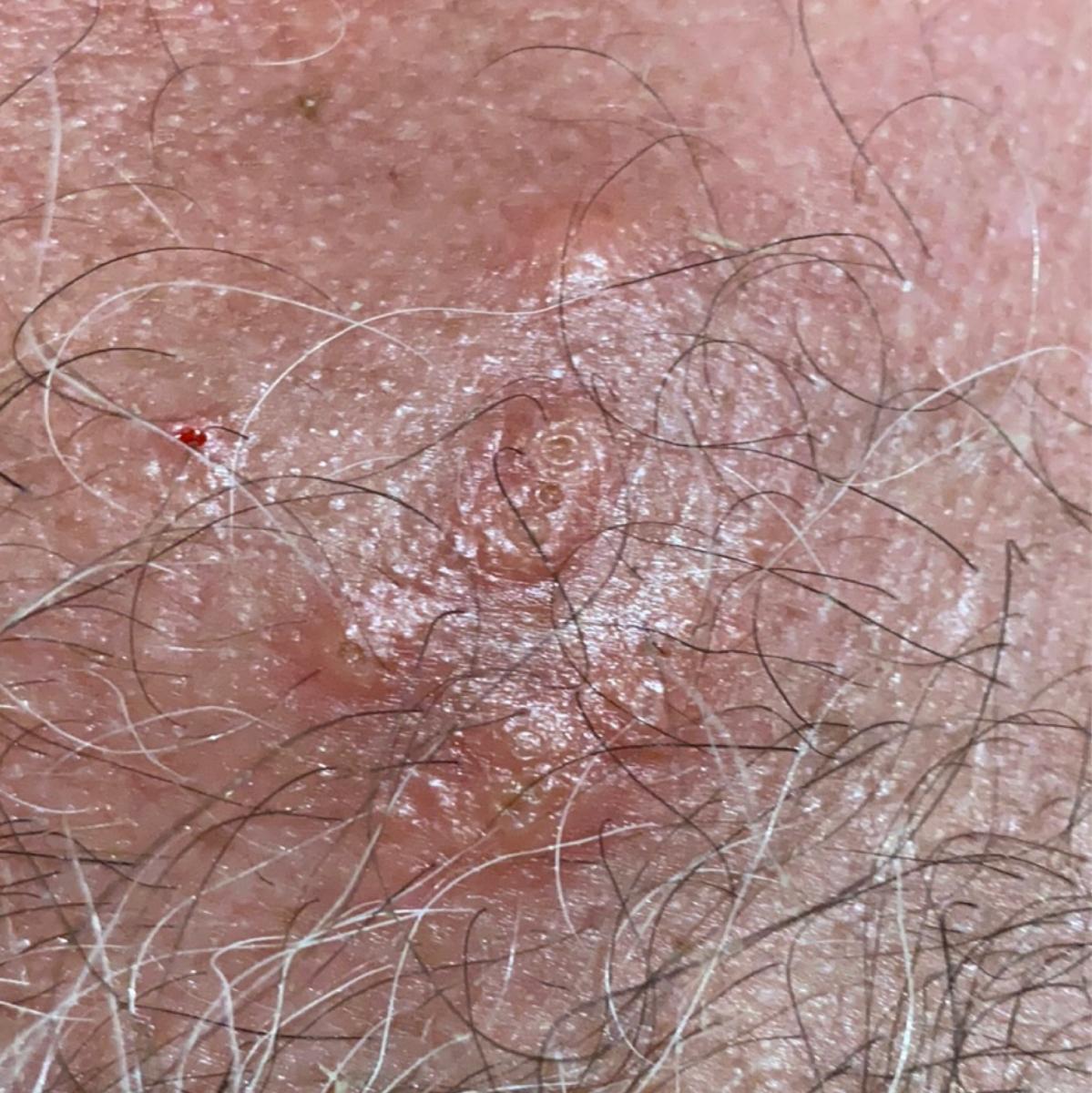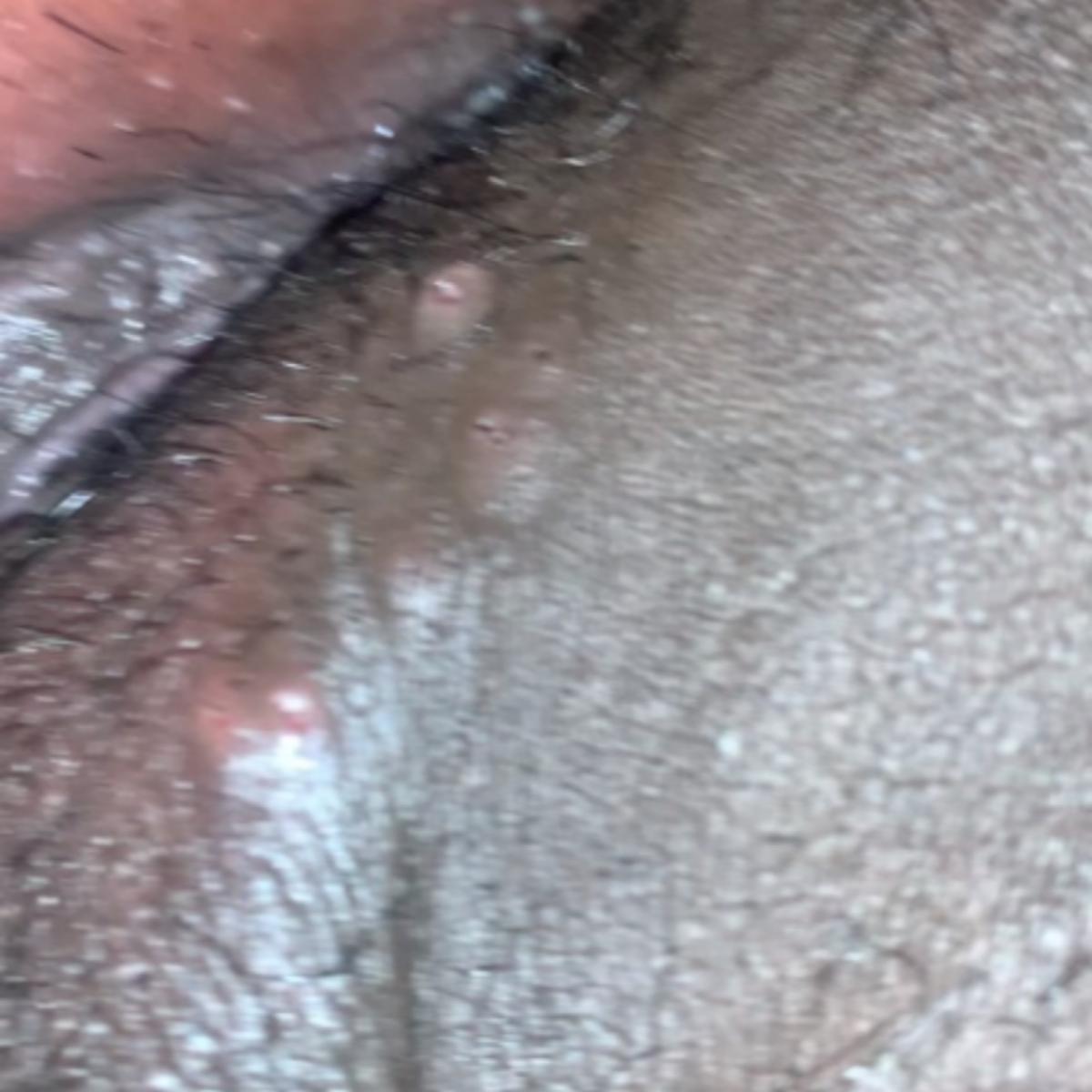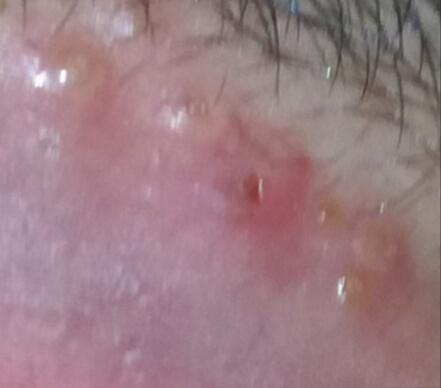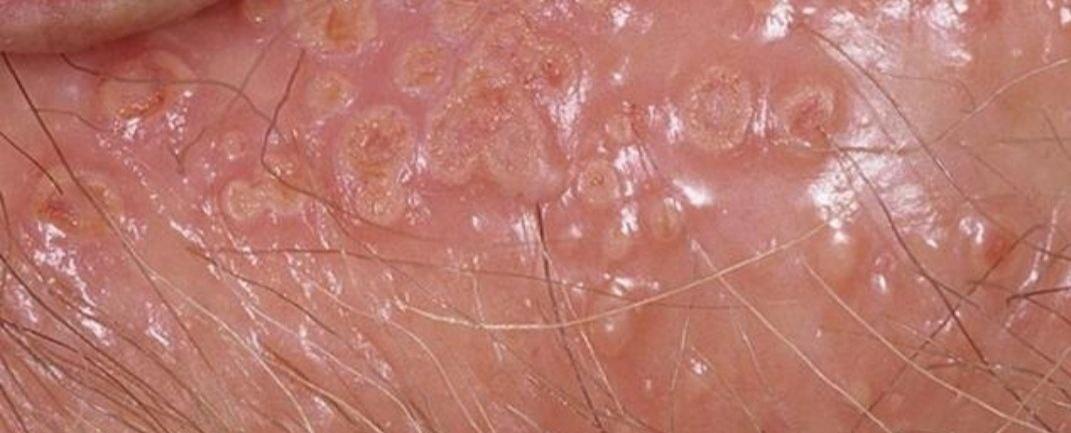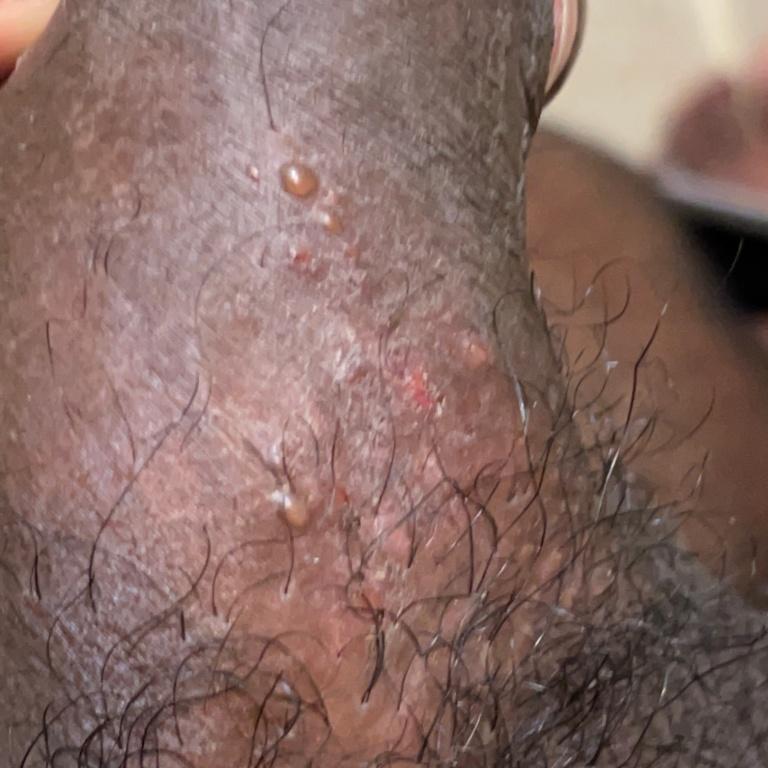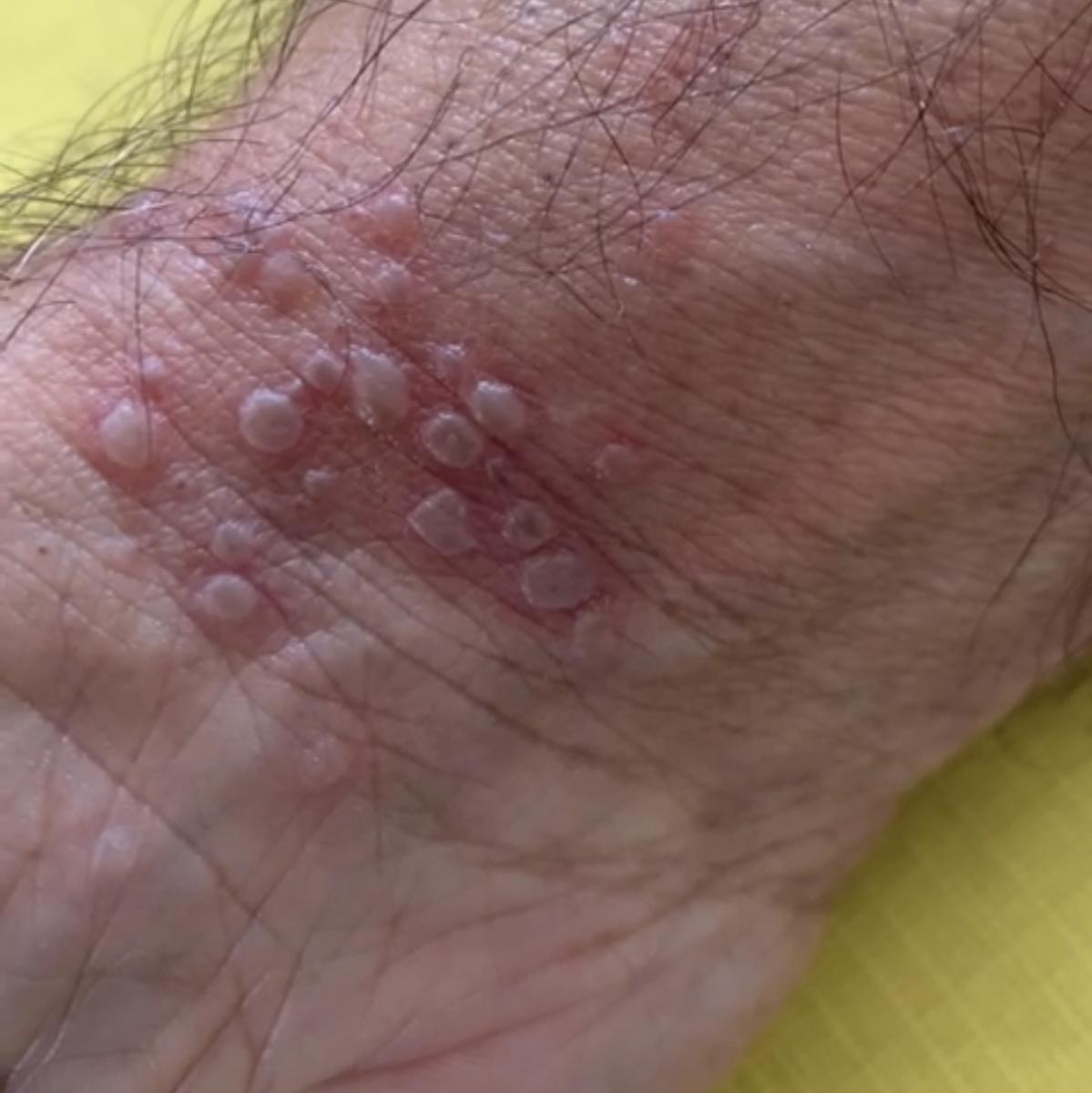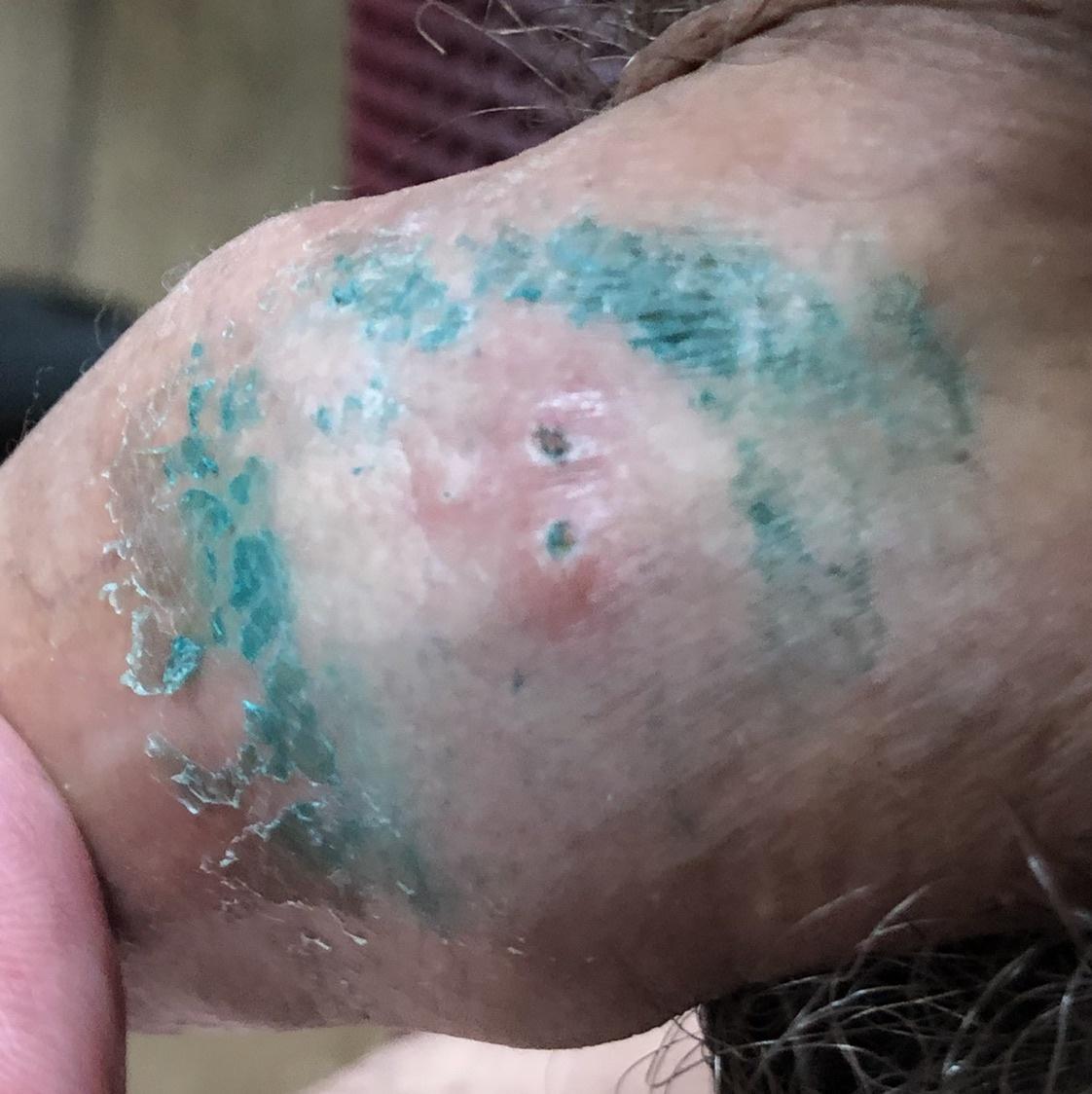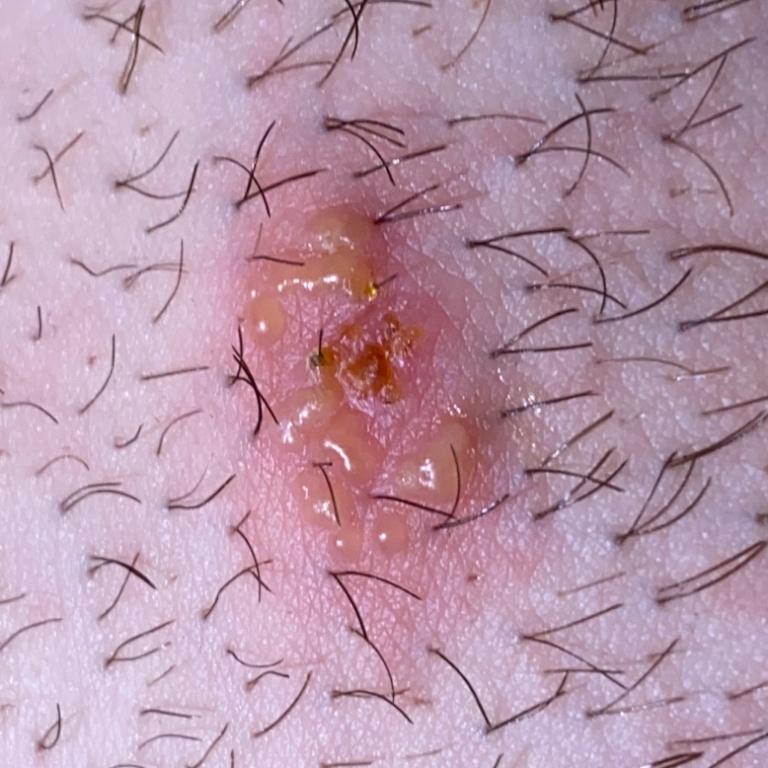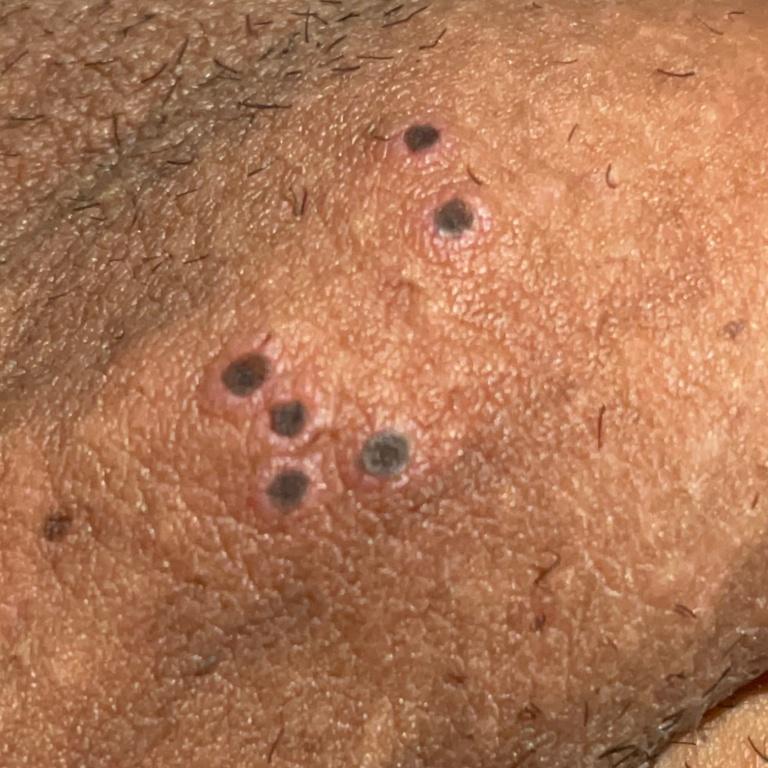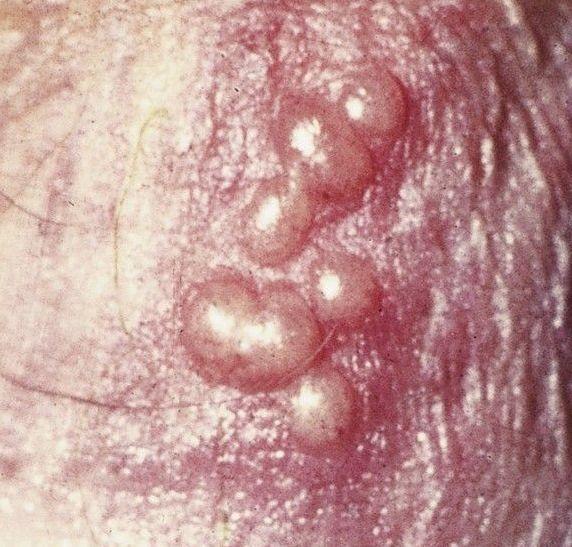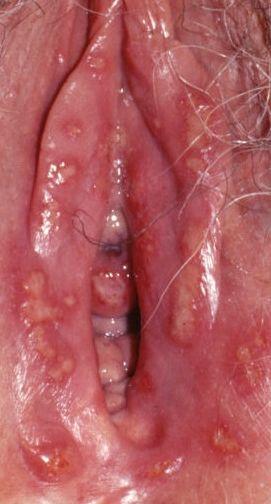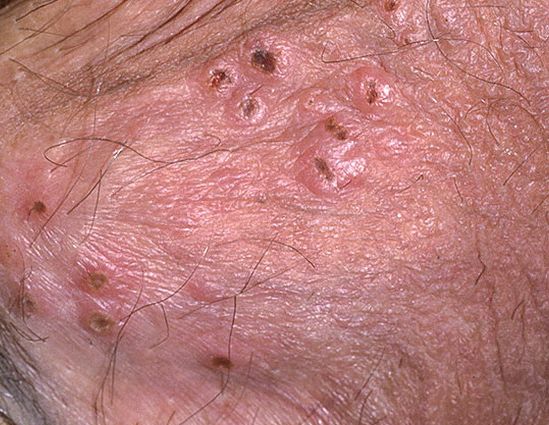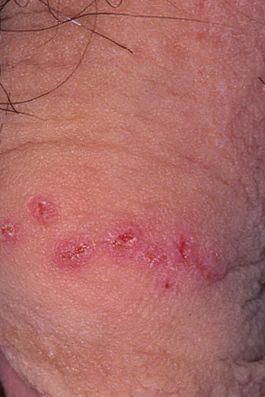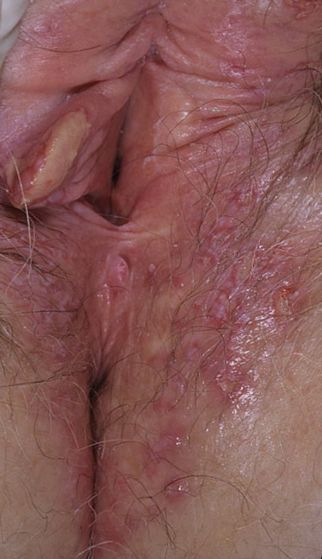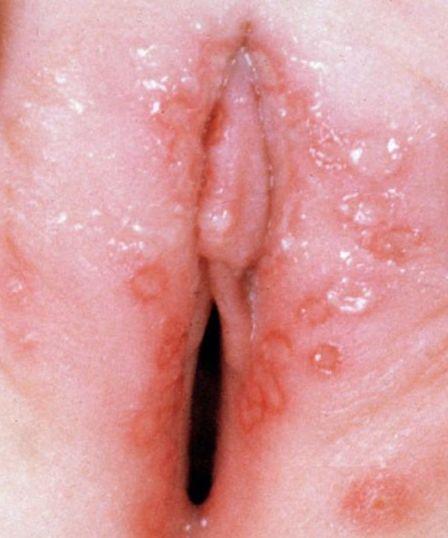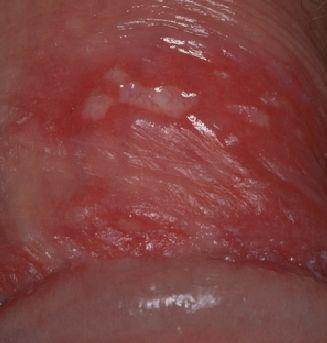Genital herpes is a sexually transmitted infection caused by the herpes simplex virus (HSV). There are two different types of virus (type 1 and type 2), both of which can infect the genitals. One type (type 1) is the same virus that causes labial herpes (in the lip area). The main manifestation of genital herpes is a painful blistering rash, often with ulceration in the genital area.
Infection options
Herpes simplex virus (HSV) is easily transmitted from person to person through close, direct contact, including:
- Unprotected sexual intercourse;
- Infected hygiene items.
The infection process can occur even if the sexual partner has no visible symptoms. This is sometimes referred to as “asymptomatic discharge.”
Genital herpes symptoms
Many people with the herpes virus do not experience any symptoms immediately after infection. The first manifestations occur approximately 2-12 days after contact. Sometimes symptoms may not be visible for months, and sometimes even several years after exposure to the virus.
Once infected, the herpes virus remains in the body. It can remain dormant for a long time, but it can reactivate in the originally infected area with the onset of symptoms in the form of a painful rash. This is known as a “recurrent episode” of genital herpes.
The first episode of genital herpes can last two to four weeks. If repeated episodes occur, they are usually not as severe and prolonged as the first.
Symptoms of genital herpes can include patches or a red rash, often very painful, around the genitals. Over time, these spots or rashes can open up to form ulcers. The sores gradually crust over, forming new skin as it heals.
Other symptoms of genital herpes include:
- Pain in the vagina, glans penis, or rectum;
- Vaginal discharge;
- Pain when urinating or urinary retention;
- Increased body temperature;
- Flu-like symptoms, back pain, headache, swollen lymph nodes in the groin.
Recurrent genital herpes often presents with a tingling or burning sensation before the rash appears (one of the first symptoms of a recurrent infection).
Tactics for suspected genital herpes
If you suspect genital herpes, you should make an appointment with a dermatovenerologist.
Diagnosis is clinical.
If necessary (the indications are determined by the doctor), a smear is taken for analysis to confirm the herpes infection and determine the type of herpes.
Genital herpes treatment
In the case of a mild or asymptomatic course of genital herpes infection, special antiviral drugs are usually not prescribed. It is enough only for nonspecific measures that help speed up the healing process and reduce the severity of symptoms:
- Thorough hygiene;
- Warm bath;
- Cotton linen;
- Casual clothes;
- To relieve painful sensations – non-steroidal anti-inflammatory drugs (NSAIDs).
In more severe cases, antiviral drugs are prescribed on the recommendation of a doctor, which not only reduce symptoms and speed up the healing process, but also reduce the frequency of recurrent infections. The frequency and duration of admission is determined by the doctor.
Preventing transmission of genital herpes to a partner
- Inform your partner about the presence of genital herpes;
- Learn to recognize in a timely manner the precursors of the appearance of genital herpes (tingling, itching or flushing of the skin);
- Exclude sexual intercourse during an episode of herpes;
- Exclude other contact of a healthy person with the affected area in an infected person.
Preventing recurrence of herpes
It is recommended to memorize or write down the time, conditions of appearance, taking medications and other moments, possibly accompanying recurrent episodes of genital herpes. This can make it possible to find the patterns of recurrence of herpes infection and determine the trigger factors.
Most common triggers:
- Postponed another infection;
- Severe concomitant diseases;
- Weakening of immunity due to nutritional problems, deficiency of essential vitamins, macro- and microelements;
- Stress;
- Immunosuppressive therapy;
- Surgical interventions;
- Chronic skin trauma or other dermatological problems.
Reducing the risk of genital herpes
The best way to prevent genital herpes from developing is through protected intercourse. The herpes virus is not transmitted by condoms. However, if the virus is present and active on the skin in areas around the genitals that are not covered by a condom (as is often the case), the risk of infection is high. Therefore, after intercourse, careful hygiene is necessary.
When symptoms of herpes appear in a partner – refusal of sexual intercourse for a while until complete recovery.



